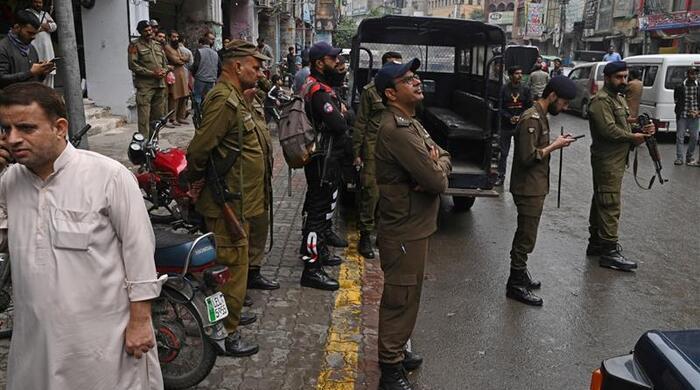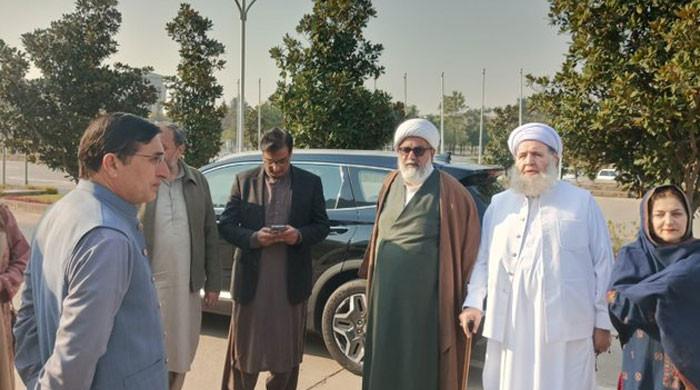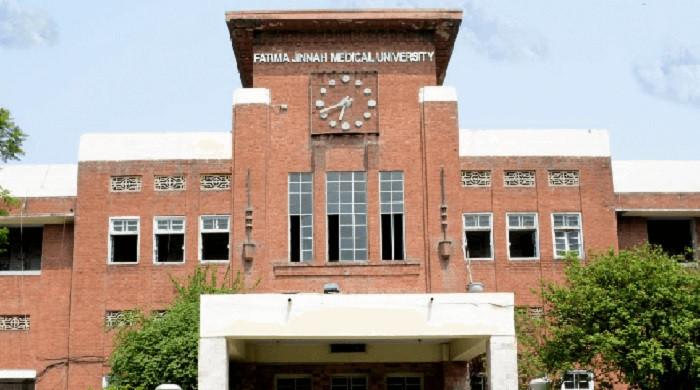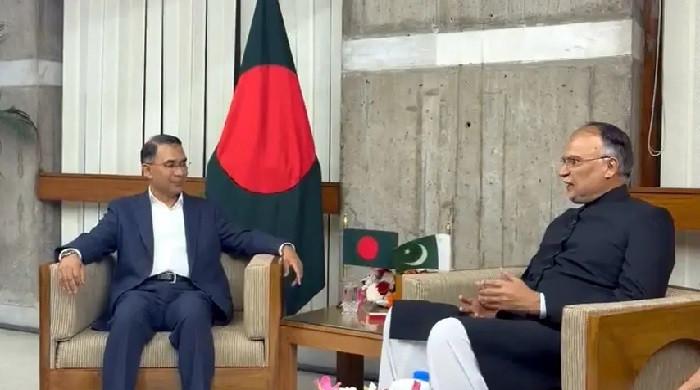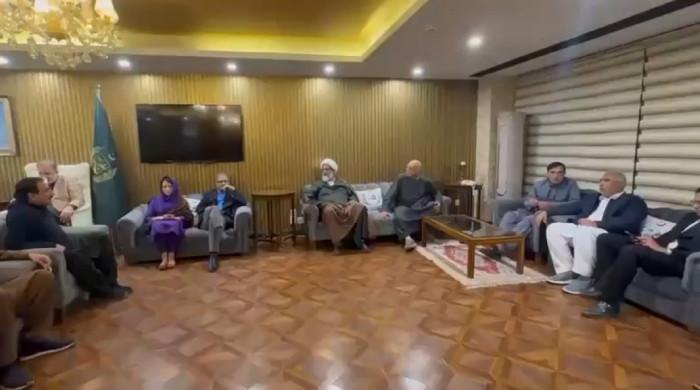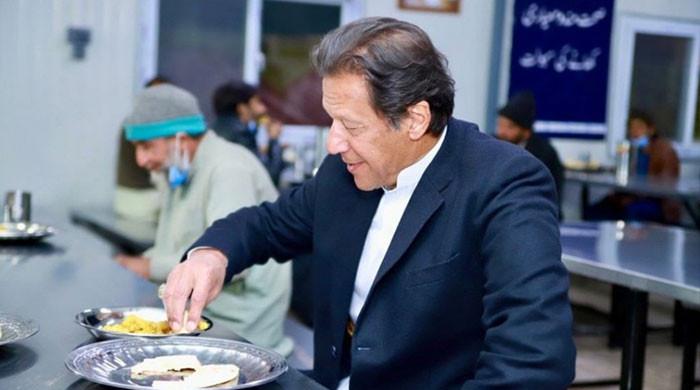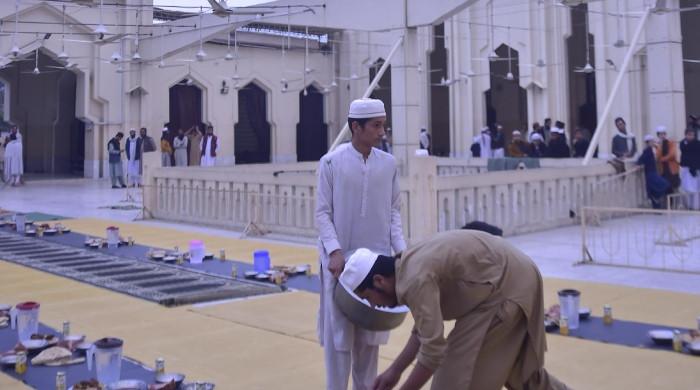By building 40,000 new toilets, Punjab is one step closer to ending open defecation
Over 558 million people still practice open defecation in South Asia, according to UNICEF
May 31, 2021
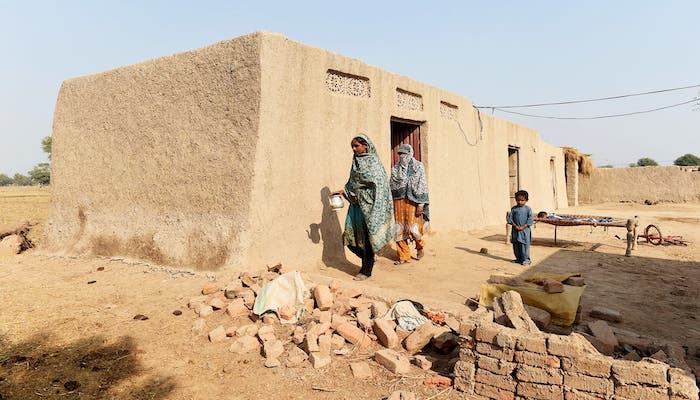
Over 558 million people still practice open defecation in South Asia, which is nearly two-thirds of the total open defecating population on the planet, as per UNICEF.
In addition to this, lack of awareness and lack of access to sanitary toilets result in diarrhoea which claims 177,000 children’s lives annually in the region.
According to Wilbroad Ngambi, the chief of UNICEF in Punjab, densely-populated South Asian countries have been struggling to deal with the pressing issue of open defecation, particularly in rural areas.
“Open defecation and other unhygienic practices have continued to burden the healthcare system in these countries by facilitating the spread of diseases,” he told Geo.tv recently, “According to an estimate, 53,000 children die every year in Pakistan due to diarrhoea-related diseases.”
While Pakistan had already eliminated the open defecation practice among its urban population, as per World Bank’s 2017 data, its rural OD (open defecation) ratio was recorded at 16%, whereas India reported 36% of the rural population practicing OD.
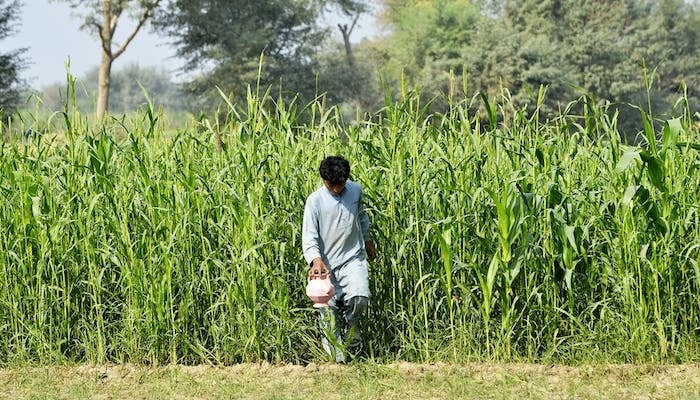
Over in Punjab, Pakistan’s most populous province, 13% of the total population was practicing open defecation in 2018, according to the Multiple Indicators Cluster Survey.
However, it must be noted that in recent years, Punjab has made tremendous progress in reduction of open defecation, said UNICEF’s Ngambi.
Punjab’s Public Health Engineering Department (PHED), in collaboration with UNICEF Pakistan, recently identified 1,775 high risk villages in 10 districts with the highest OD ratio in the province. The 10 districts were - Rajanpur, Chiniot, Dera Ghazi Khan, Jhang, Khushab, Lodhran, Bhakkar, Bahawalnagar, Bahawalpur and Rahim Yar Khan.
The first three districts reported 38%, 35% and 34% OD ratio, along with high prevalence of diarrhoea, stunting, malnutrition and under-5 mortality ratio.
Then last year, UNICEF and the Punjab government launched an Open Defecation Free Punjab project to construct 195,000 household toilets in the high risk villages of these districts. “In the first phase, more than 40,000 household toilets have been built in the 10 districts with the highest number of people practicing open defecation,” Ngambi told Geo.tv.
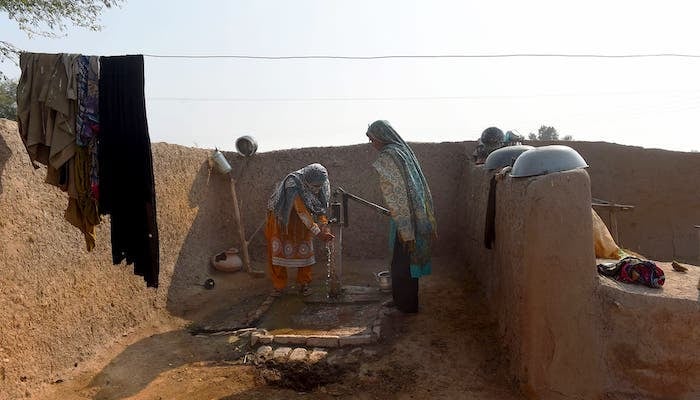
The project has enabled nearly two million people to attain ODF (Open Defecation Free) status in 756 villages.
“If this pace of progress is maintained, there will be positive outcomes for children such as reduction in stunting and diarrhoea among children in Punjab,” Ngambi added.
The challenges
One of the greatest challenges that this initiative faced was ignorance and lack of awareness in rural population. Among them, women were exposed to greater risks than others and were resultantly working as carriers of fatal germs.
In a rural household of Punjab, women are assigned the task to cook food, clean homes and wash clothes, which means a lactating mother practicing open defecation was a threat to herself and the child she feeds. A housewife who practices open defecation, doing all household chores, including preparation of meals, exposes herself and her family to these diseases.
Moreover, rural families are not comfortable with the idea of women going out and using a shared or public toilet at night, therefore the government project focused on setting up personal household toilet units.
A large chunk of this project was implemented during the coronavirus pandemic, which was a challenge itself. “With strict compliance of SOPs, we made sure our village wash committees and teams reached every nook and corner of the targeted villages,” Umer Farooq, the additional secretary (technical) at the PHED told Geo.tv.
Abbas is a media consultant with the Punjab government. He has previously served as a consultant for World Bank and UNICEF funded projects in Punjab. He tweets at @EAAgop





